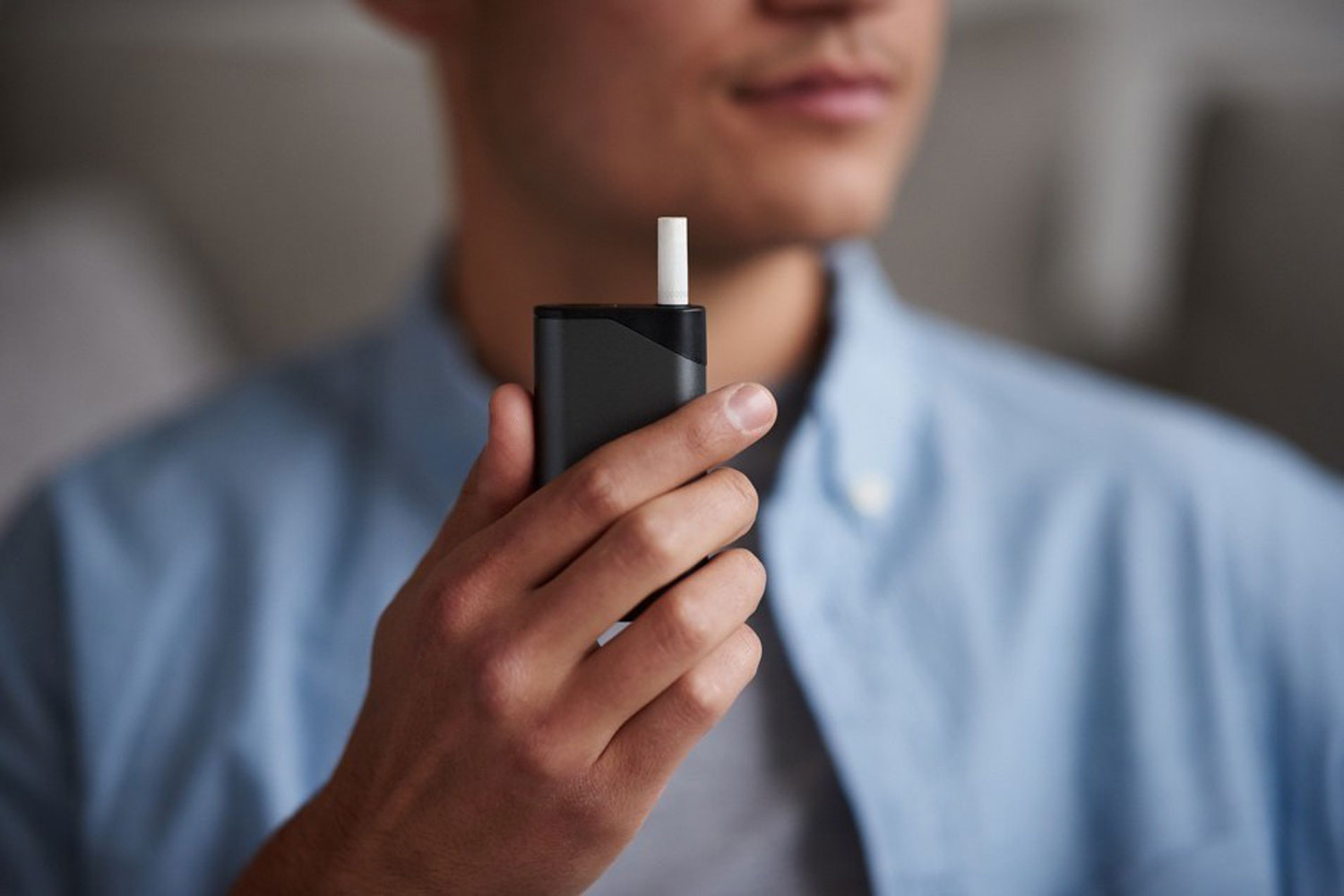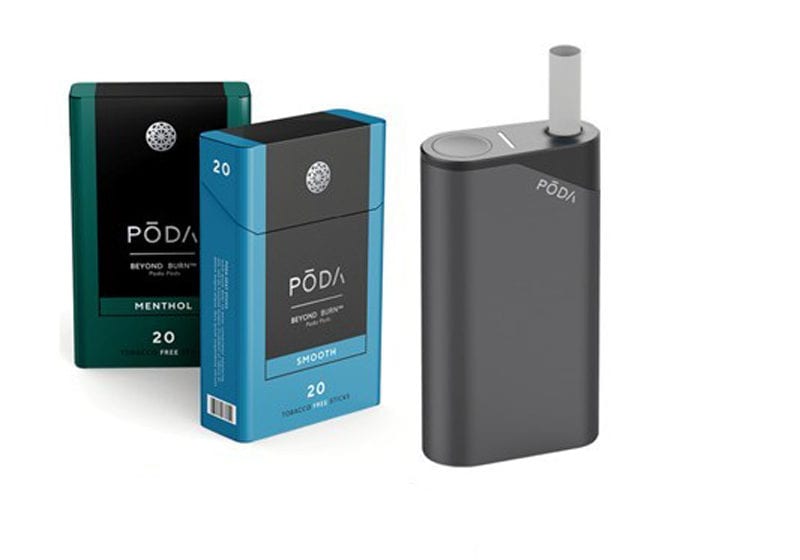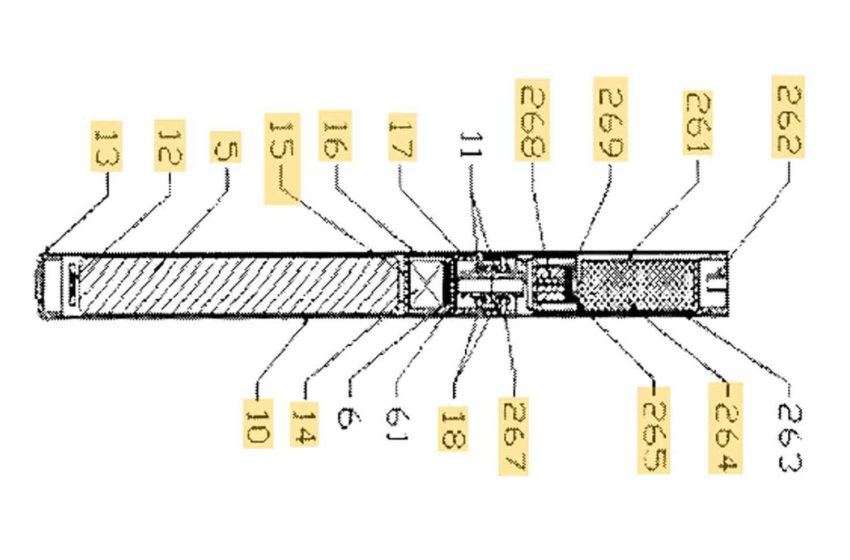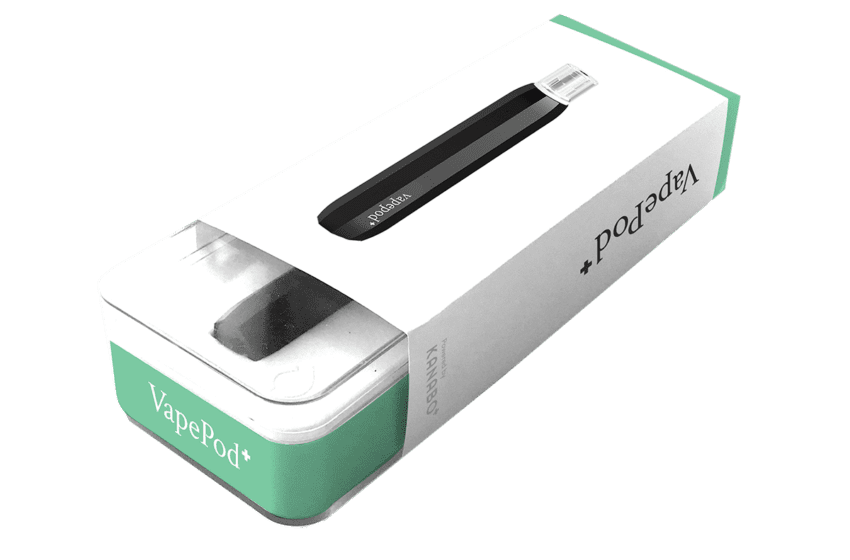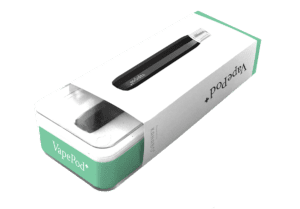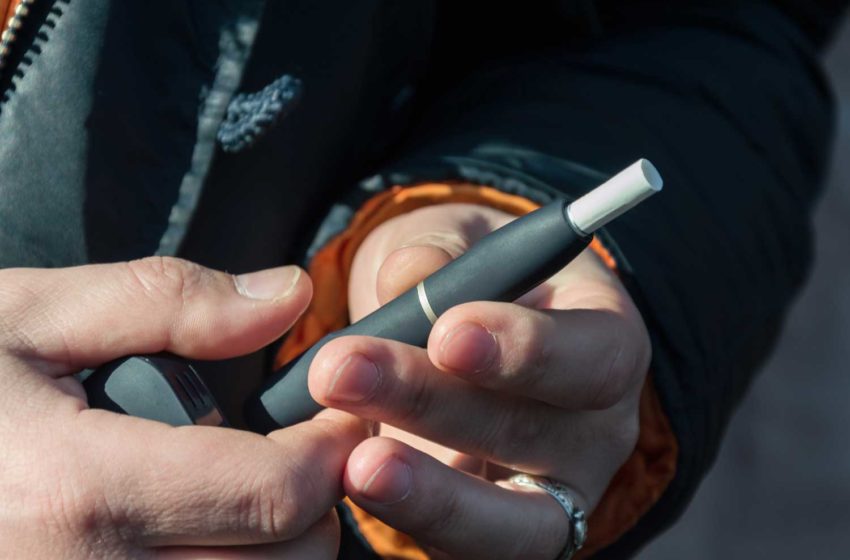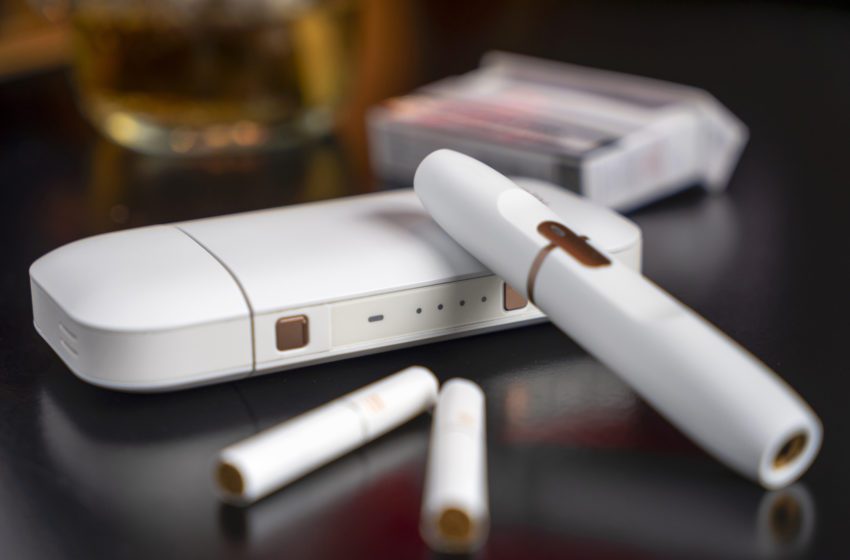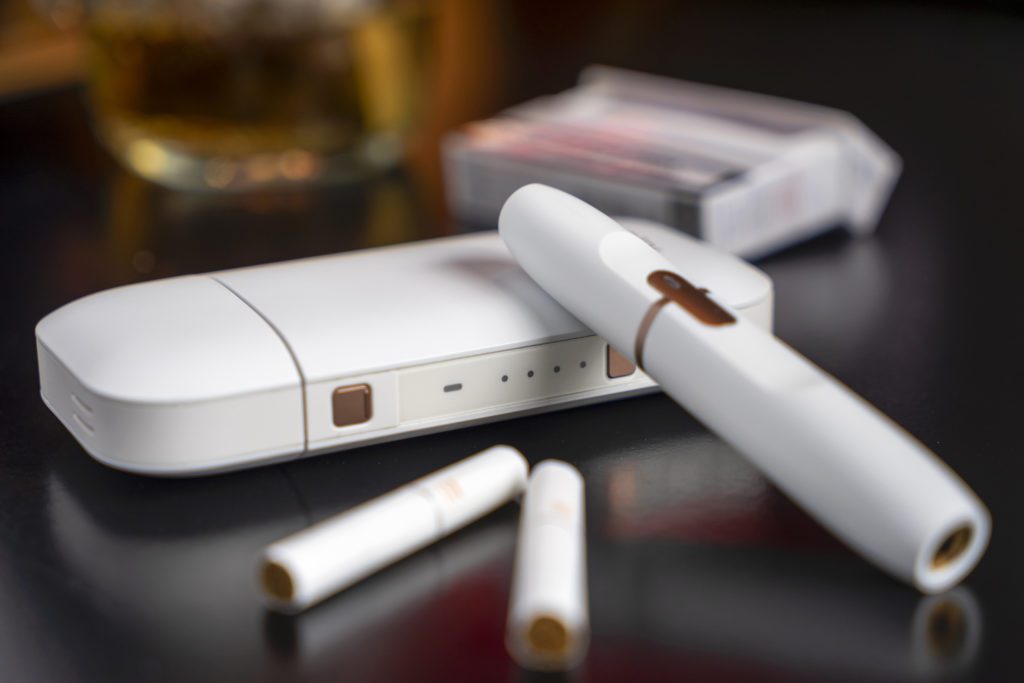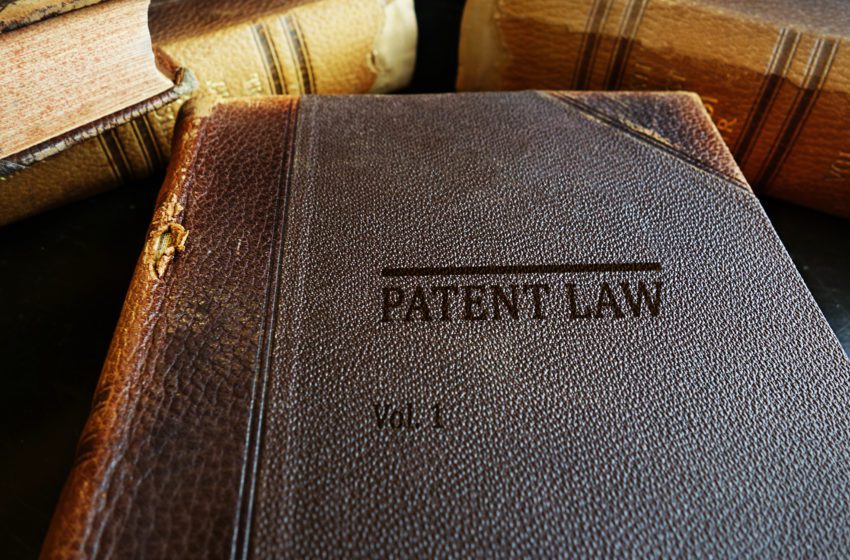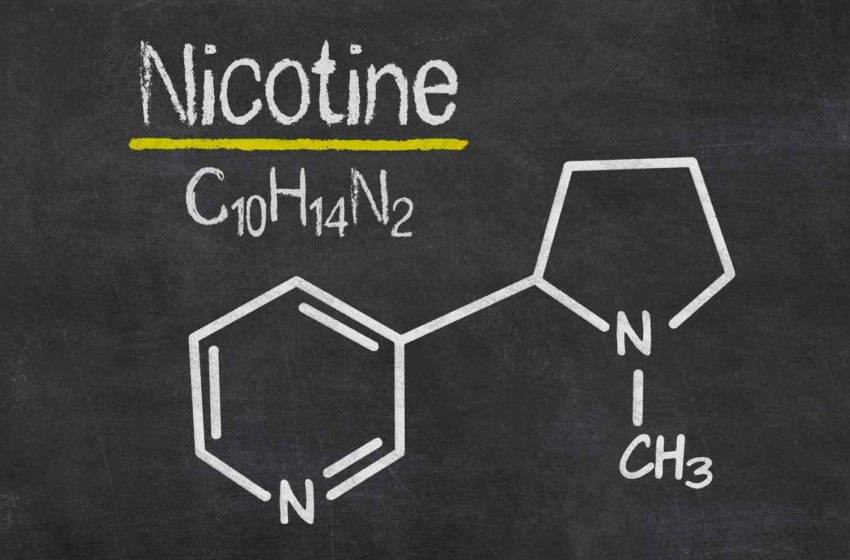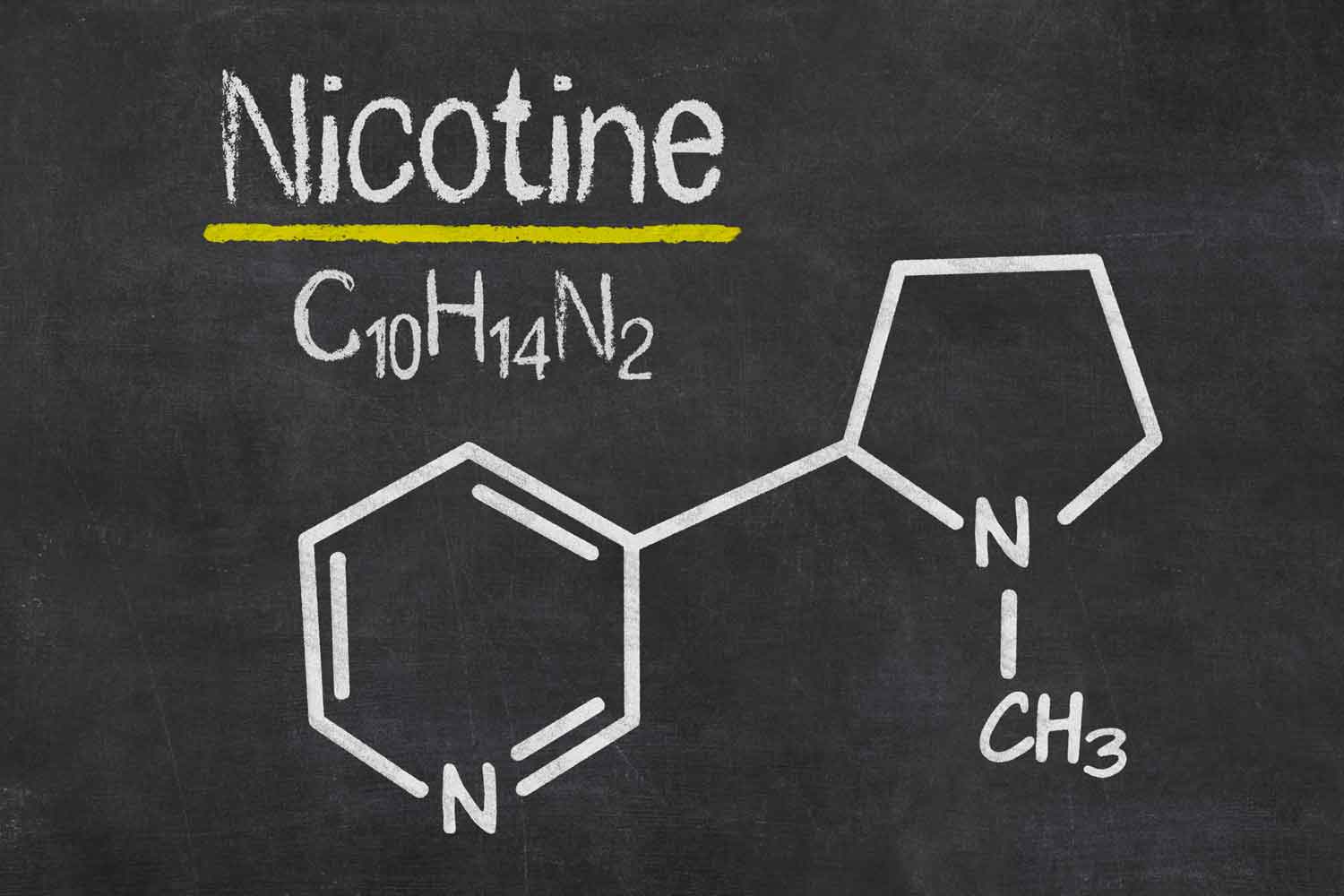The U.S. Trade Representative has upheld the International Trade Commission’s (ITC) finding that Philip Morris International’s IQOS tobacco heating device infringes on patents held by British American Tobacco, reports The Winston-Salem Journal.
As a result of the ITC ruling, Philip Morris USA is barred from importing PMI’s IQOS 2.4, IQOS 3, IQOS 3 Duo heat-not-burn traditional cigarette products. It also was ordered to halt future sales of those products—marketed as Marlboro HeatSticks—already in the U.S.
Some retailers of the Marlboro HeatSticks, including convenience stores, already had displayed notifications to customers that those products could no longer be sold as of Monday.
“Today’s announcement provides a measure of success for our enforcement of intellectual property rights to ensure we can continue to innovate, as is common practice among innovation-based industries,” Gareth Cooper, BAT’s assistant general counsel, said in a statement. “As we have strenuously noted, there was no reason to overturn the policy.”
Altria said expressed disappointment with the decision. “We continue to believe that the plaintiff’s patents are invalid and that IQOS does not infringe on those patents,” the company said in a statement.
“The ITC’s importation ban makes the product unavailable for all consumers who have switched to IQOS, reduces the options for the over 20 million smokers looking for alternatives to cigarettes, and ultimately is detrimental to the public health.”
This sentiment was echoed by Gregory Conley, president of American Vaping Association, at the time of the ITC’s Sept. 30 decision.
“By potentially denying them the opportunity to switch to a harm reduction production IQOS, the real losers of this protracted court battle could end up being American adult smokers,” Conley said.
“While some may use vaping, snus, or pouches in the absence of IQOS, far too many American adults will choose to just smoke cigarettes instead.”
The U.S. Food and Drug Administration authorized IQOS for sale in April 2019. The products debuted in test markets in Atlanta in October 2019 and Richmond, Virginia, in November 2019. During the second quarter, PM USA expanded retail distribution of Marlboro HeatSticks into the Triad and other metro areas of North Carolina, as well as northern Virginia and Georgia.
Altria will likely appeal to the U.S. Court of Appeals for the Federal Circuit, which handles patent lawsuits. That process could take up to a year to reach a decision, with the likelihood of a successful appeal not favorable, according to industry analysts.
In the worst-case scenario for Altria and Philip Morris, the two companies would have to go back to the drawing board, moving production to the U.S. or changing up the design enough to avoid patent infringement claims.
PMI has successfully defended similar cases in the U.K. and elsewhere. BAT has already pursued litigation over IQOS in Poland, the Czech Republic, Bulgaria, Romania and Greece and through the European Patent Office.
